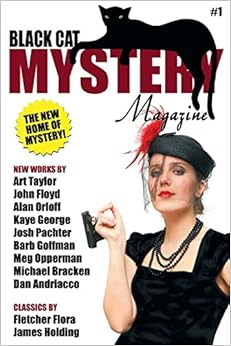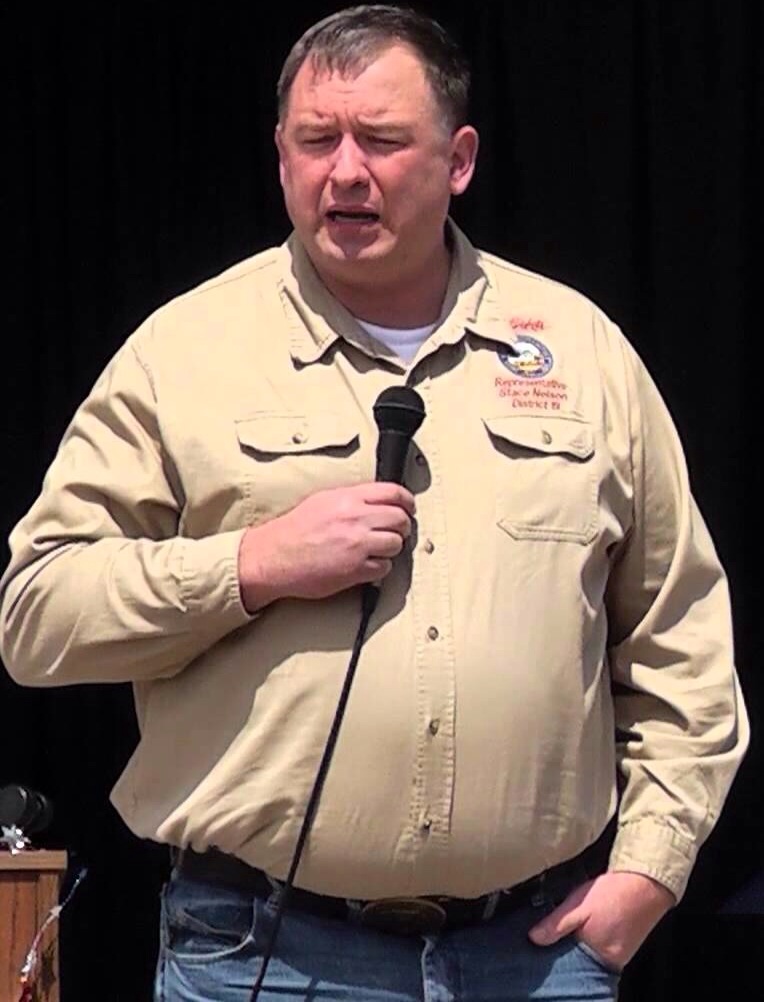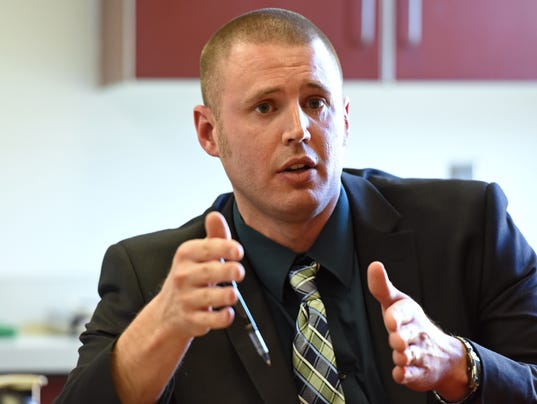I started writing in high school and in college, nothing publishable. When I became a road deputy (patrol officer), I took note of what I observed and felt. Notes I'd use to inspire stories. When I became a homicide detective, I knew - this is what I should write about. While my first two novels were not inspired by real cases, the anecdotes in the books were. The small stories and the way the characters talked and thought.
My third novel BLUE ORLEANS is based on a real case we worked. Not only a whodunit, it was a whoisit as it started with a dumped body. Didn't take long to identify the victim as a New Orleans drug dealer, which led to his family and friends, which led to the solution of the case. I jazzed it up in the novel, put in a little sex and violence, created a femme fatale.
Those books also had strong ancillary plots - LaStanza's personal life. But I was fortunate to have a framework. Real cases.
The inspiration of my fifth novel, THE BIG SHOW, came from a phone call from Harlan Ellison who said he had an idea for LaStanza. He gave me flashes of an opening scene and suggested I run with it. I did. All he asked was for me to put an acknowledgement: Thanks Uncle Harlan. Which I did. I made up the rest of the story. Inspiration from a phone call.
The third novel in my Lucien Caye Private Eye series - HOLD ME, BABE (which was a finalist for this year's SHAMUS Award for BEST ORIGINAL PAPERBACK PRIVATE EYE NOVEL) - was inspired by a conversation with my literary agent Joe Hartlaub (who is also an agent for musicians). He relayed an emotional story about a lost song. I got caught up in the emotion and was inspired.
Hurricanes are inspiring. Look at the flood of Hurricane Katrina-inspired books. I waited eight years before penning CITY OF SECRETS, a story triggered by the haunting poem "Eternal Return" by James Sallis. Sometimes you just have to let an idea ferment.
We writers get inspiration from a lot of sources. The night my wife walked into my home office with a catalog (either a Victoria's Secret or Frederick's of Hollywood catalog) and showed me a new product - the kissable cleavage bra. I made note of what she said, then wrote a story "Kissable Cleavage" that's been published three times. Sorry, don't have a picture of the brassiere to share.
Sometimes it's the little things, sometimes the big ones. Whatever causes emotion in a writer can cause emotion in a reader if well written.
That's all for now.
My third novel BLUE ORLEANS is based on a real case we worked. Not only a whodunit, it was a whoisit as it started with a dumped body. Didn't take long to identify the victim as a New Orleans drug dealer, which led to his family and friends, which led to the solution of the case. I jazzed it up in the novel, put in a little sex and violence, created a femme fatale.
My fourth novel CRESCENT CITY KILLS is a telling of another dumped body case, the case of two young New Orleans women executed on the river batture (land between the levee and the water's edge, in this case the Mississippi River). In real life, the murders occurred in Jefferson Parish. In my book, I moved them back to New Orleans were my recurring character NOPD Homicide Detective Dino LaStanza could work it. Condensing the 13-month investigation wasn't hard but pacing the novel was difficult.
Those books also had strong ancillary plots - LaStanza's personal life. But I was fortunate to have a framework. Real cases.
The inspiration of my fifth novel, THE BIG SHOW, came from a phone call from Harlan Ellison who said he had an idea for LaStanza. He gave me flashes of an opening scene and suggested I run with it. I did. All he asked was for me to put an acknowledgement: Thanks Uncle Harlan. Which I did. I made up the rest of the story. Inspiration from a phone call.
The third novel in my Lucien Caye Private Eye series - HOLD ME, BABE (which was a finalist for this year's SHAMUS Award for BEST ORIGINAL PAPERBACK PRIVATE EYE NOVEL) - was inspired by a conversation with my literary agent Joe Hartlaub (who is also an agent for musicians). He relayed an emotional story about a lost song. I got caught up in the emotion and was inspired.
Hurricanes are inspiring. Look at the flood of Hurricane Katrina-inspired books. I waited eight years before penning CITY OF SECRETS, a story triggered by the haunting poem "Eternal Return" by James Sallis. Sometimes you just have to let an idea ferment.
We writers get inspiration from a lot of sources. The night my wife walked into my home office with a catalog (either a Victoria's Secret or Frederick's of Hollywood catalog) and showed me a new product - the kissable cleavage bra. I made note of what she said, then wrote a story "Kissable Cleavage" that's been published three times. Sorry, don't have a picture of the brassiere to share.
Sometimes it's the little things, sometimes the big ones. Whatever causes emotion in a writer can cause emotion in a reader if well written.
That's all for now.
www.oneildenoux.com









































